Introduction
In the dynamic world of manufacturing, ensuring that products meet specific standards is paramount. One of the most effective ways to achieve this is through a thorough china factory audit. These audits serve as a crucial checkpoint in the quality control process, allowing businesses to assess compliance and uphold quality control in manufacturing.
Understanding the Purpose of Factory Audits
Factory audits are designed to evaluate various aspects of a manufacturing facility, ensuring that it adheres to industry standards and regulations. By conducting a china factory audit, companies can identify potential risks and areas for improvement within their supply chain. This proactive approach not only enhances product quality but also builds trust with consumers who expect consistent quality checks in manufacturing.
Importance of Quality Control in Manufacturing
Quality control is the backbone of any successful manufacturing operation, as it directly impacts customer satisfaction and brand reputation. Implementing robust quality inspection in manufacturing processes helps prevent defects and ensures that products are produced according to specifications. Without effective quality control measures, manufacturers risk delivering subpar goods that could lead to costly recalls or damage to their reputation.
What to Expect During a China Factory Audit
When undergoing a china factory audit, businesses should be prepared for an extensive review process that covers multiple facets of production operations. Auditors will assess everything from machinery conditions and labor practices to documentation accuracy and safety compliance. Understanding what to expect during this process can help companies better prepare themselves for inspections and improve their overall quality control strategy.
The Essentials of a China Factory Audit
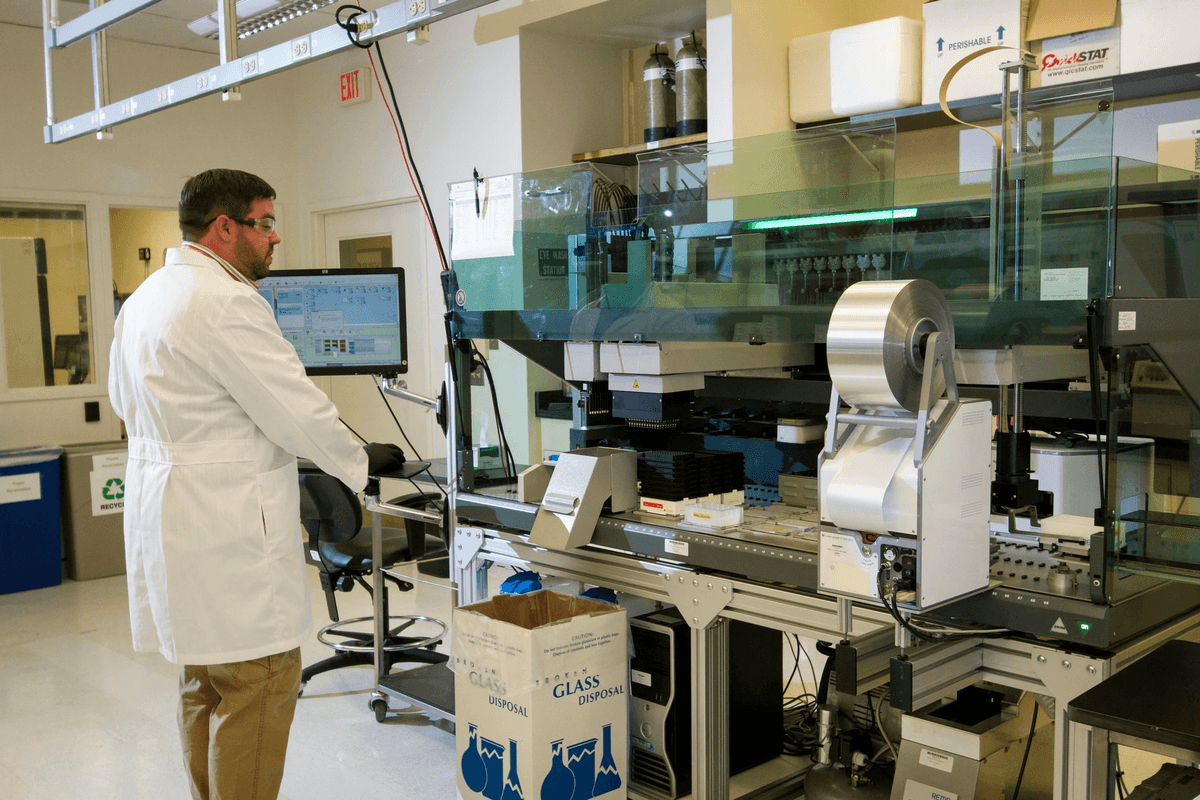
Overview of Factory Audit Process
The factory audit process typically begins with a pre-audit assessment, where auditors gather preliminary information about the facility’s operations and compliance history. Following this, on-site inspections are conducted to evaluate various aspects such as production practices, quality control measures, and workplace safety protocols. Finally, auditors compile their findings into a comprehensive report that details any discrepancies or areas for improvement, forming the basis for ongoing quality inspection in manufacturing.
During the audit, emphasis is placed on understanding how well the factory adheres to established quality control standards. Auditors will observe production lines in action and may even conduct random sampling of products to ensure that they meet specified requirements. This thorough approach helps businesses identify potential risks and reinforces the importance of maintaining high-quality outputs.
Types of Audits Conducted in China
There are several types of audits conducted within Chinese factories, each serving different purposes tailored to specific needs. Common types include compliance audits, which verify adherence to local labor laws and environmental regulations; quality audits focused on assessing product standards; and social audits aimed at evaluating labor practices and working conditions. Each type plays a crucial role in ensuring that factories not only produce high-quality goods but also operate ethically.
Quality control in manufacturing is often scrutinized during these audits through detailed assessments of production processes and employee training programs. For instance, a quality audit may involve checking whether employees are following proper protocols for quality checks in manufacturing or if they have access to adequate resources for maintaining product integrity. By understanding these various audit types, companies can better prepare themselves for what lies ahead during their own factory audit.
Key Factors Affecting Audit Outcomes
Several key factors can significantly influence the outcomes of a factory audit in China, ranging from management commitment to employee engagement levels within the organization. A strong leadership team dedicated to upholding high standards will often lead to better compliance with both internal policies and external regulations during inspections. Conversely, factories lacking this commitment may face numerous challenges that could negatively impact their overall evaluation.
Another critical factor is the level of training provided to employees regarding quality inspection in manufacturing processes. Well-trained staff who understand their roles contribute positively towards achieving consistent results during audits by adhering closely to established procedures for quality checks in manufacturing. Additionally, effective communication between management and staff fosters an environment where concerns can be addressed proactively before they escalate into more significant issues.
In summary, understanding these essentials surrounding a China factory audit equips businesses with valuable insights into what they should prioritize when selecting suppliers or improving existing partnerships—ultimately enhancing their overall approach towards quality control strategies.
Quality Control Measures in Manufacturing
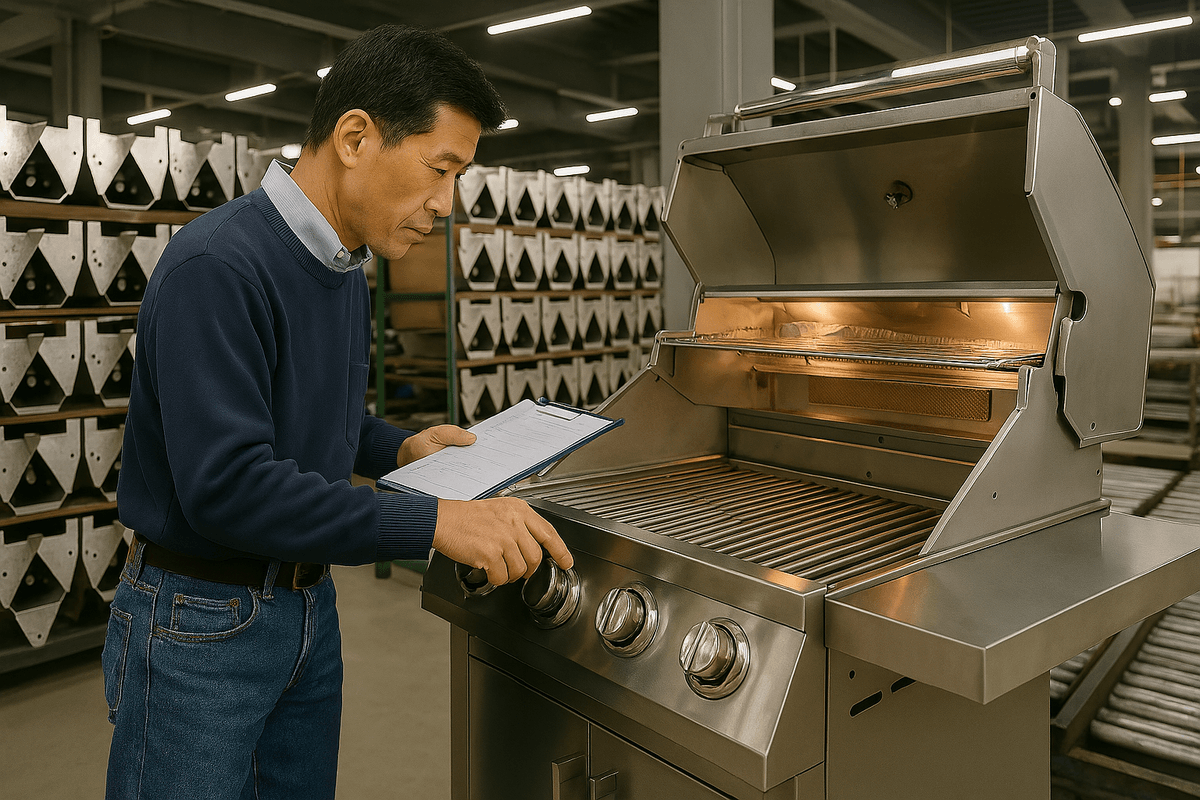
Quality control is the backbone of any successful manufacturing operation, especially in a dynamic environment like China. A robust quality control framework ensures that products meet specific standards and customer expectations, thereby reducing defects and enhancing satisfaction. With the increasing demand for quality assurance, understanding the standards and practices involved in quality checks in manufacturing is essential.
Standards for Quality Checks in Manufacturing
In the realm of quality control, having established standards is crucial for effective monitoring and assessment during a factory audit. Commonly recognized standards include ISO 9001, which focuses on consistent quality management systems, and Six Sigma methodologies that emphasize defect reduction. These frameworks guide manufacturers in implementing systematic quality checks in manufacturing processes to ensure compliance with both domestic and international regulations.
Moreover, adherence to these standards not only enhances product reliability but also boosts consumer confidence—a vital aspect when navigating the competitive landscape of global markets. During a china factory audit, inspectors will scrutinize whether these standards are being met consistently throughout production cycles. Ultimately, maintaining high-quality benchmarks is not just about passing an audit; it’s about fostering a culture of excellence within manufacturing operations.
Role of Quality Inspection in Manufacturing
Quality inspection plays an indispensable role within the broader spectrum of quality control in manufacturing. It acts as a safeguard against defects by identifying issues before products reach consumers or retailers; this proactive approach saves time and resources while preserving brand reputation. Regular inspections during various stages—raw materials procurement, production processes, and final product evaluation—ensure adherence to established quality criteria.
In addition to preventing defective products from leaving the factory floor, effective quality inspection also aids manufacturers in refining their processes over time. By analyzing inspection results during a factory audit china context, companies can identify recurring issues or bottlenecks that require attention or improvement. Thus, integrating thorough inspection practices into daily operations not only enhances product integrity but also promotes continuous improvement across all facets of production.
Implementing Effective Quality Control Practices
Implementing effective quality control practices requires more than just adherence to standards; it demands an organizational commitment to excellence at every level of production. Manufacturers should invest in training employees on best practices for maintaining high-quality outputs while embracing technologies that facilitate real-time monitoring and data analysis during production runs. This proactive approach enables teams to catch potential issues early rather than waiting for a formal china factory audit.
Furthermore, fostering open communication between departments can streamline problem-solving efforts related to quality checks in manufacturing processes—ensuring that everyone is aligned with common goals regarding product excellence. Utilizing third-party services for independent audits can offer additional insights into areas needing improvement while validating internal efforts toward maintaining high-quality outputs. Ultimately, instilling a culture where every employee understands their role within the framework of quality control empowers organizations to thrive amidst evolving market demands.
Examining Factory Conditions
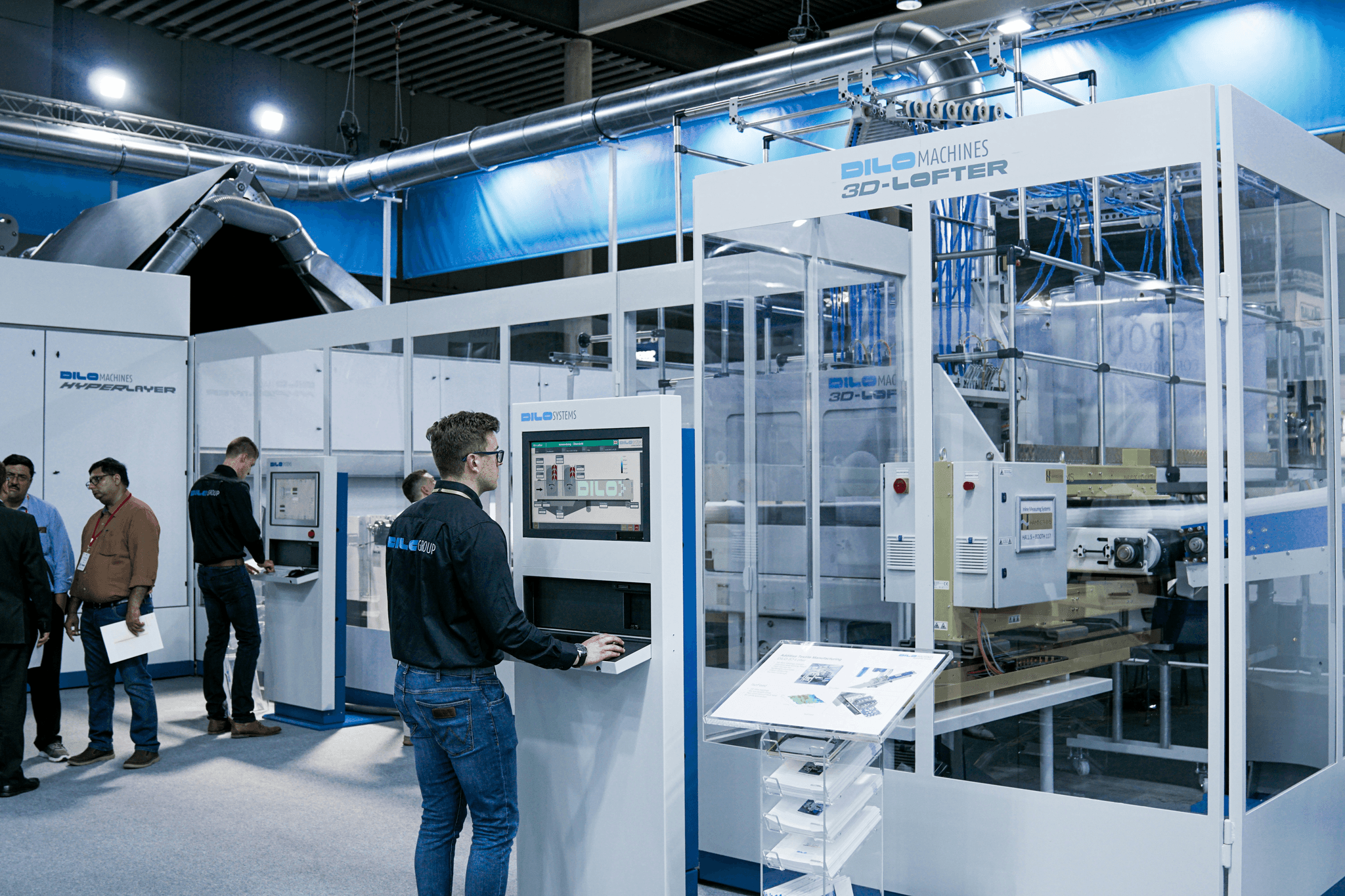
When it comes to a successful China factory audit, examining factory conditions is a crucial step. The environment in which products are manufactured significantly impacts quality control in manufacturing processes. A thorough evaluation not only ensures compliance with safety regulations but also enhances the overall efficiency and effectiveness of production.
Assessing Workplace Safety and Compliance
Safety is paramount in any manufacturing setting, especially during a factory audit in China. Inspectors will look for compliance with local safety standards and international regulations, ensuring that workers are not only safe but also equipped with proper protective gear. A workplace that prioritizes safety reflects a commitment to quality checks in manufacturing, ultimately leading to better product outcomes.
During the assessment, auditors will check for potential hazards such as inadequate ventilation, improper storage of materials, or faulty machinery. By identifying these risks early on, companies can implement necessary changes to improve their operations and maintain high-quality standards. Ultimately, a safe working environment contributes positively to employee morale and productivity—key components of effective quality inspection in manufacturing.
Evaluating Production Capabilities and Machinery
Another vital aspect of examining factory conditions involves evaluating production capabilities and machinery during the audit process. Auditors will assess whether the equipment used is up-to-date and functioning correctly; outdated or poorly maintained machinery can lead to defects and inefficiencies that compromise quality control. In this regard, the factory's ability to meet production demands while adhering to quality standards becomes evident.
Additionally, inspectors will analyze workflow processes within the facility—how materials move from one stage of production to another can significantly impact overall output quality. Efficient processes often correlate with fewer errors during manufacturing runs, enhancing product integrity through rigorous quality checks in manufacturing practices. This evaluation helps identify areas where improvements can be made for better alignment with market demands.
Importance of Labor Practices and Rights
Labor practices play an essential role in shaping both workplace culture and product quality during a China factory audit. Ethical labor practices not only comply with legal requirements but also contribute positively to employee satisfaction—a satisfied workforce is more likely to produce high-quality products consistently. During audits, inspectors evaluate labor conditions including wages, working hours, and overall treatment of employees.
Furthermore, adherence to labor rights fosters an atmosphere conducive to effective communication between management and workers; this collaboration can lead directly to innovations in production techniques or improvements in existing processes that enhance quality control mechanisms within the facility. By prioritizing ethical labor practices alongside rigorous quality inspections in manufacturing settings, companies demonstrate their commitment not just to their products but also their people.
In conclusion, examining factory conditions goes beyond mere compliance; it encompasses assessing safety protocols, evaluating machinery capabilities, and ensuring fair labor practices—all integral components that influence the outcome of any comprehensive china factory audit.
Documentation and Record Keeping
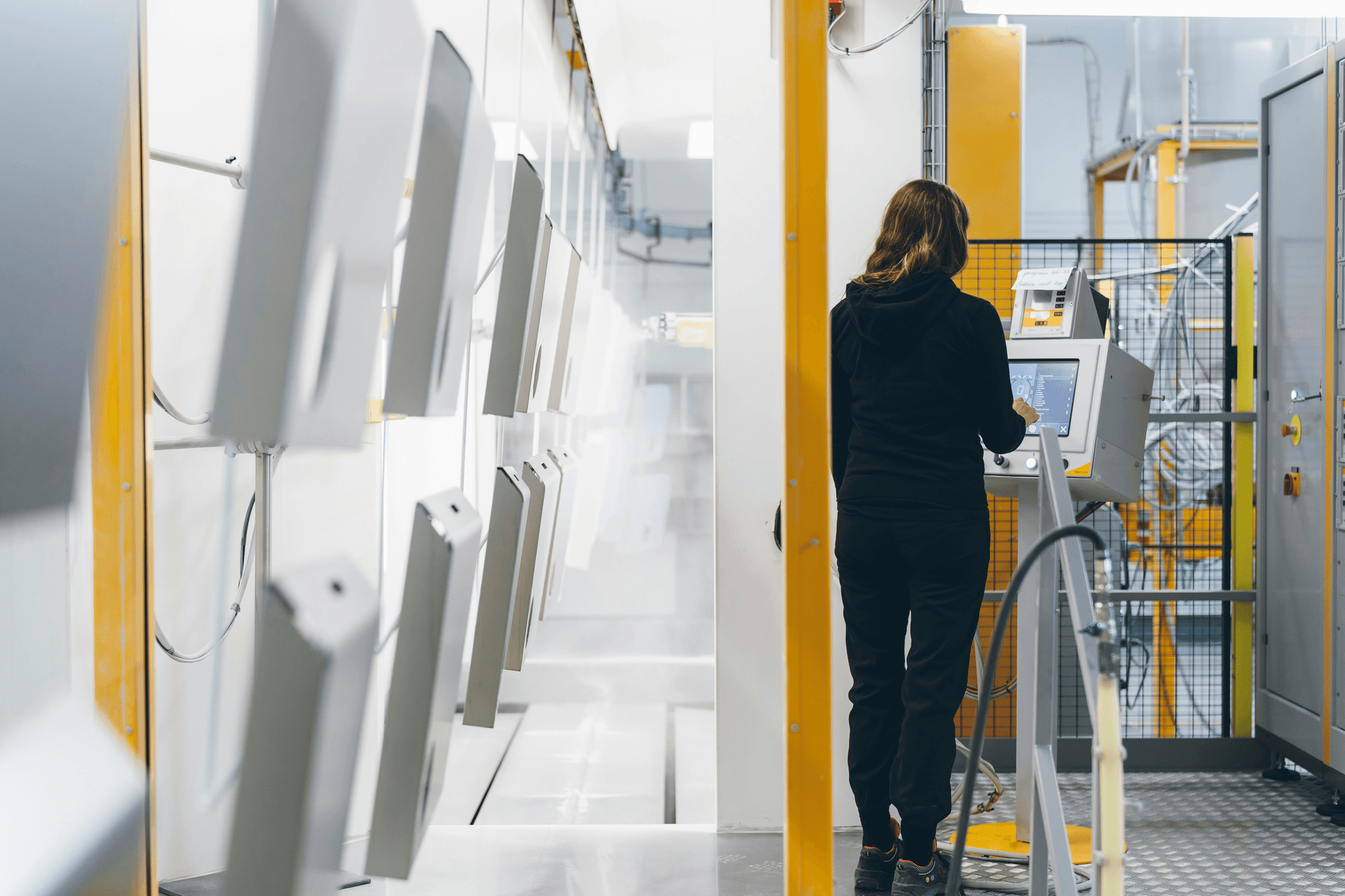
In the realm of quality control, documentation and record keeping serve as the backbone of a successful factory audit, especially in the context of a China factory audit. Accurate records provide a clear picture of production processes, ensuring that manufacturers adhere to quality standards throughout their operations. When conducting a factory audit in China, thorough documentation is not just beneficial; it's essential for verifying compliance with both internal policies and external regulations.
Reviewing Production Records and Certifications
When embarking on a factory audit in China, one of the first steps is to review production records and certifications meticulously. These documents are crucial as they offer insights into past performance and adherence to quality checks in manufacturing processes. Certifications from recognized bodies can also indicate that the factory meets international standards, providing an additional layer of assurance during your quality inspection in manufacturing.
Importance of Accurate Documentation
Accurate documentation cannot be overstated when it comes to maintaining effective quality control in manufacturing settings. Inaccuracies or missing information can lead to significant issues during audits, potentially resulting in costly delays or even contract cancellations. By ensuring that all records are precise and readily available, companies can facilitate smoother audits while reinforcing their commitment to high-quality production practices.
How Records Influence Quality Control
The influence of documentation on quality control is profound; it acts as both a roadmap for current practices and a historical record for future improvements. During a China factory audit, well-maintained records can reveal patterns or recurring issues that need addressing, allowing companies to implement corrective actions proactively. Ultimately, robust record keeping not only enhances transparency but also builds trust with stakeholders who rely on consistent quality outcomes.
The Role of Third-Party Inspectors
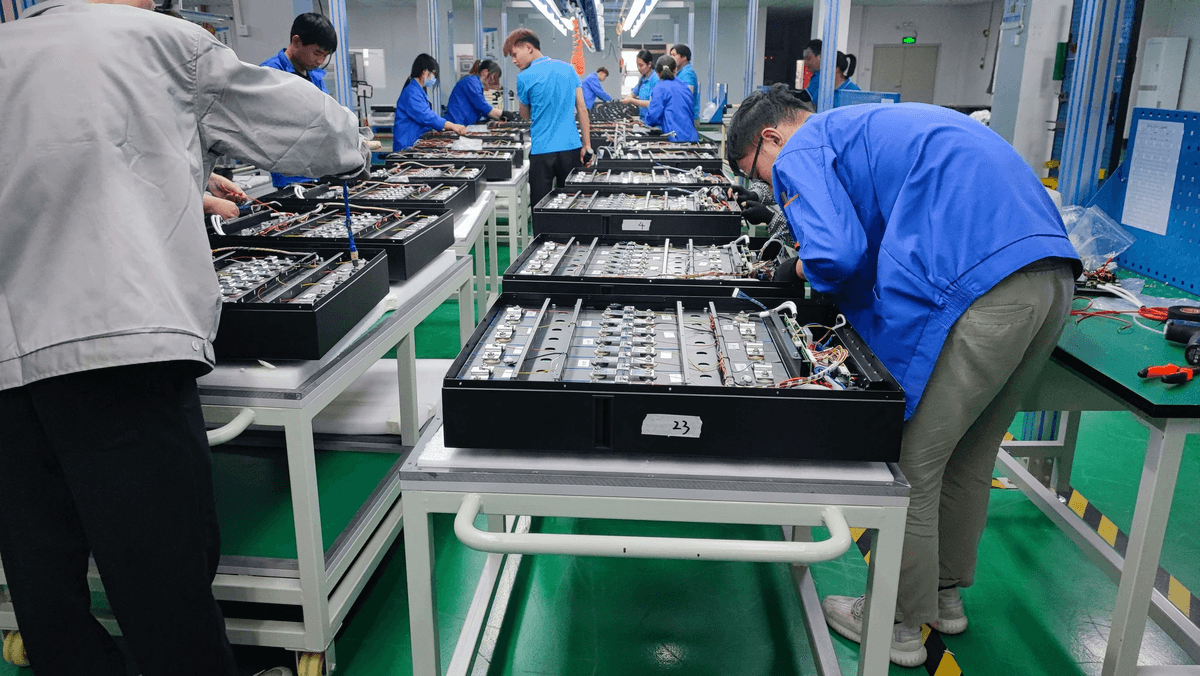
When it comes to ensuring quality control in manufacturing, third-party inspectors play a pivotal role. They bring an unbiased perspective to the factory audit process, which is crucial for maintaining integrity and reliability. In the context of a China factory audit, these professionals help bridge the gap between manufacturers and international standards.
How China Inspection Pro Enhances Audit Reliability
China Inspection Pro is renowned for its meticulous approach to factory audits, enhancing the reliability of quality checks in manufacturing. By employing seasoned inspectors who are well-versed in local practices and international standards, they ensure that every aspect of the production process is scrutinized. This level of expertise not only boosts confidence among stakeholders but also fosters accountability within factories undergoing a china factory audit.
Benefits of Using Professional Inspection Services
Utilizing professional inspection services offers several advantages that can significantly impact quality control in manufacturing. These services provide thorough evaluations that go beyond surface-level checks, identifying potential issues before they escalate into costly problems. Moreover, having an independent entity conduct quality inspections in manufacturing instills confidence in both buyers and suppliers alike, ensuring that products meet required specifications.
Building Trust Through Third-Party Verification
Third-party verification by companies like China Inspection Pro serves as a trust-building mechanism between manufacturers and their clients. When businesses know their factories are being audited by reputable inspectors, they feel more secure about their investments and product quality. This trust is essential in today’s competitive market where transparency around quality control measures can make or break a business relationship.
Conclusion
In wrapping up our exploration of the intricacies surrounding a China factory audit, it’s crucial to reflect on the fundamental insights gained throughout this journey. Factory audits are not just a box to check; they serve as a vital tool for ensuring that quality control in manufacturing is upheld at every stage. By understanding what a factory audit entails, businesses can make informed decisions that enhance their overall operational efficiency.
Key Takeaways from a Factory Audit
One of the primary takeaways from a factory audit is the emphasis on quality checks in manufacturing processes. These audits provide companies with an opportunity to identify potential issues before they escalate, ensuring that products meet established standards and consumer expectations. Furthermore, by engaging in regular quality inspections in manufacturing, businesses can foster continuous improvement and maintain competitive advantage.
Another important aspect is recognizing the value of documentation during a factory audit. Accurate records not only support compliance but also streamline communication between manufacturers and buyers, creating transparency and trust. Ultimately, these key takeaways underscore the importance of integrating thorough quality control measures into all facets of production.
Enhancing Your Quality Control Strategy
To enhance your quality control strategy post-audit, consider implementing more rigorous quality checks in manufacturing that align with industry standards. This may involve adopting advanced technologies for real-time monitoring or establishing clearer protocols for inspection processes. By doing so, companies can ensure that their commitment to quality is reflected throughout their supply chain.
Moreover, fostering strong relationships with third-party inspection services can bolster your approach to quality control significantly. These partnerships provide an additional layer of credibility and expertise during audits, making it easier to pinpoint areas for improvement within your operations. As you refine your strategies based on audit findings, remember that ongoing training and development for staff are equally essential components of effective quality management.
The Future of Manufacturing Audits in China
Looking ahead, the future of manufacturing audits in China appears promising yet challenging amid evolving global standards and regulations. As consumer expectations rise and markets become increasingly competitive, businesses will need to adapt their factory audit practices accordingly—emphasizing sustainability alongside traditional metrics of performance and compliance.
Additionally, integrating technology such as AI-driven analytics could revolutionize how audits are conducted by providing deeper insights into production processes than ever before seen through conventional methods alone. Embracing these innovations will be critical for maintaining robust quality control systems while navigating the complexities inherent in international trade.
